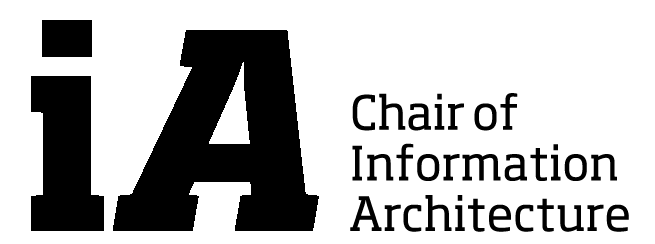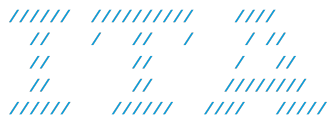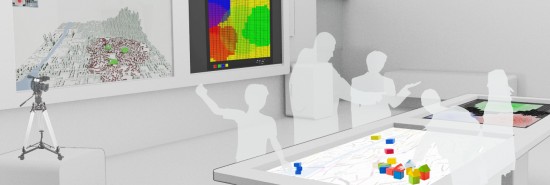UMP – Urban Mutations Platform
An interactive platform for the identification of catalysing mutations in city generation, assembly and development
In this project we developed a comprehensive urban theory, which identifies so-called mutations in a city: alterations in the city’s genetic code, which can be beneficial or harmful, with local or global effect and can drastically affect the city’s development. The user can digitally create a city out of several non-specific structural subunits and then apply mutations, represented by structural and functional city elements that signify an explicit change within an otherwise generic city subunit. Mutations distort the city grid and quantify on the city level parameters such as: the type of disturbances caused; the gravity of each disturbance; the size of the affected area.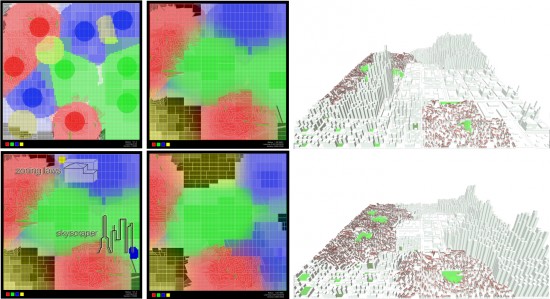
The applied method was inspired by life sciences and recognizes the city as a complex, higher organism. It incorporates several steps: Deconstruction: the complex system (city) is cut into smaller pieces, which can be deeply understood. Mutation: alterations are performed within the subunits. Experimentation: the mutated subunits are allowed to interact and the results are recorded. Analysis and Synthesis: Once the effects of single mutations are understood, more mutations are allowed to interact each time, until a thorough understanding of the entire system can be reached. The city is finally reconstructed back into its totality.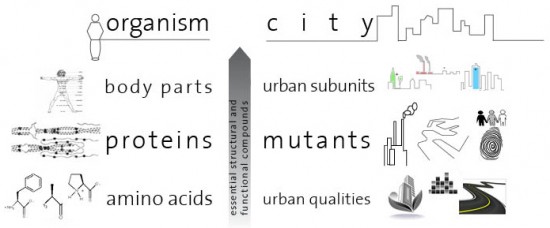
The resulting interactive installation was meant to bring people of all backgrounds and ages together around the table, towards a better understanding of the urban systems they inhabit.
Publications:
- Edyta Augustynowicz, Stefanie Sixt, and Sofia Georgakopoulou, ‘Attractive City – an Interactive City Generator’, in Future cities: 28th Conference on Education in Computer Aided Architectural Design in Europe (Zurich: Gerhard Schmitt, Ludger Hovestadt, Luc Van Gool, 2010), pp. 379-87.
- Sofia Georgakopoulou, Daniel Zünd, Gerhard Schmitt ‘The city biosphere: A novel theoretical and experimental methodology for the identification of catalysing mutations in city generation, assembly and development’, in Computation and performance, 31st Conference on Education in Computer Aided Architectural Design in Europe Conference (Delft, NL, 2013), in press.
Contact:
Dr. Sofia Georgakopoulou | georgakopoulou@arch.ethz.ch | +41 (0)44 633 70 69
